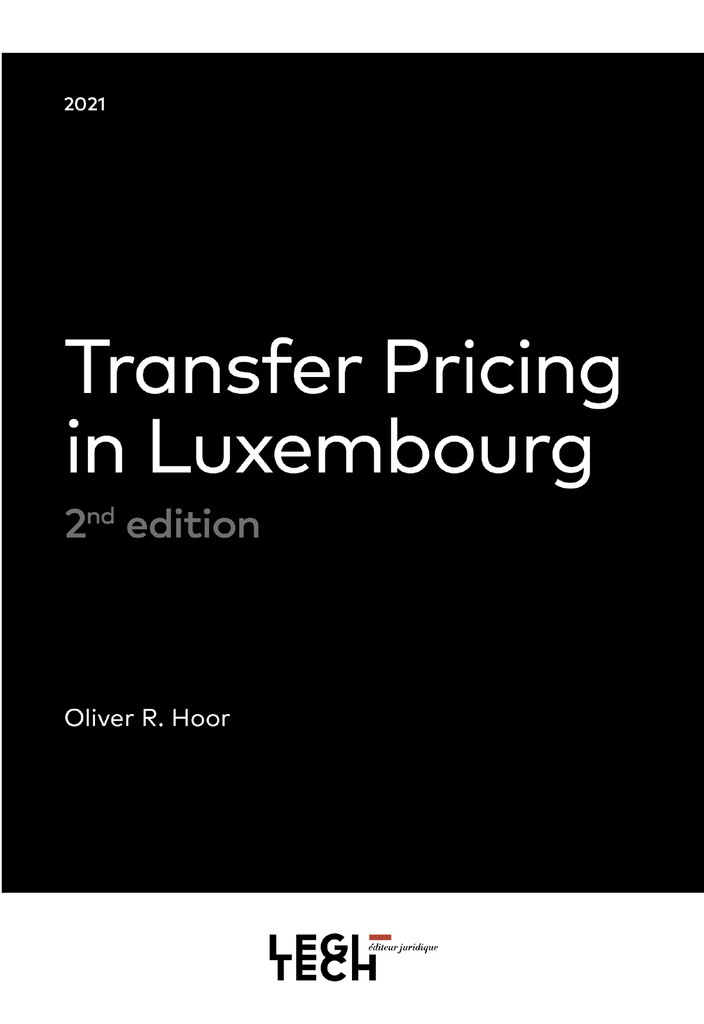Luxembourg, a platform to manage business activities and investments ?
Over the last decades, Luxembourg has developed and cemented its position as a prime holding location and a major financial centre within Europe. Multinational enterprises and international investors alike use Luxembourg as a platform to manage their business activities and investments.
Luxembourg companies may enter into diverse commercial and financial transactions with associated enterprises. The prices charged in regard to these controlled transactions are called transfer prices. For Luxembourg tax purposes, these prices have to adhere to the “arm’s length principle”.
The arm’s length principle is the international transfer pricing standard that OECD member countries have agreed should be used for tax purposes by MNE groups and tax administrations. The arm`s length principle requires that the consideration for any transaction between related parties conform to the level that would have been agreed if the transaction were to have taken place between unrelated parties under comparable circumstances.
The arm’s length principle is firmly ingrained in Luxembourg tax law and has been explicitly stated in article 56 of the Luxembourg Income Tax Law (LITL). In addition, several concepts and provisions under Luxembourg tax law require the arm’s length standard to be respected by Luxembourg companies.
As a member of the OECD, Luxembourg adheres to the organization’s Transfer Pricing Guidelines which reflect the consensus of OECD Member countries towards the application of the arm’s length principle as provided in article 9(1) of the OECD Model Tax Convention. Notably, this provision is frequently included in tax treaties concluded by Luxembourg.
Oliver R. Hoor is a Partner in the International and Corporate Tax department of ATOZ.
A tax professional since 2003, Oliver has experience in Luxembourg and international taxation with a focus on alternative Investments (private equity, real estate, sovereign wealth funds, hedge funds), mergers & acquisitions and multinational groups. Oliver advises clients on all direct tax aspects regarding deal structuring, maintenance, reorganisations and exit planning.
He is Head of Transfer Pricing and the German Desk. Oliver is further a member of the tax working groups of the Association of the Luxembourg Fund Industry (ALFI) and the Luxembourg Private Equity Association (LPEA).
Oliver is the author of more than 300 articles and books on Luxembourg and international taxation including Transfer Pricing and related documentation requirements, the OECD Base Erosion and Profit Shifting (“BEPS”) Project and the EU Anti-Tax Avoidance Directives (ATAD 1 & 2), reporting obligations of tax intermediaries (DAC 6), current initiatives of the EU Commission in the field of direct taxation (ATAD 3, BEFIT, DEBRA, SAFE, DAC 8, …), the OECD Model Tax Convention and Tax Treaties, EU Law and the State Aid investigations of the EU Commission. He is also a regular speaker at conferences as well as a lecturer with Legitech and ILA.
Oliver is qualified as a Chartered Accountant in Luxembourg (“Expert-Comptable”) as well as a certified German tax adviser (“Steuerberater”). He holds a post-graduate degree in Luxembourg Tax and a degree in Business Administration with a major in Tax from the University of Applied Sciences of Trier (Germany).

